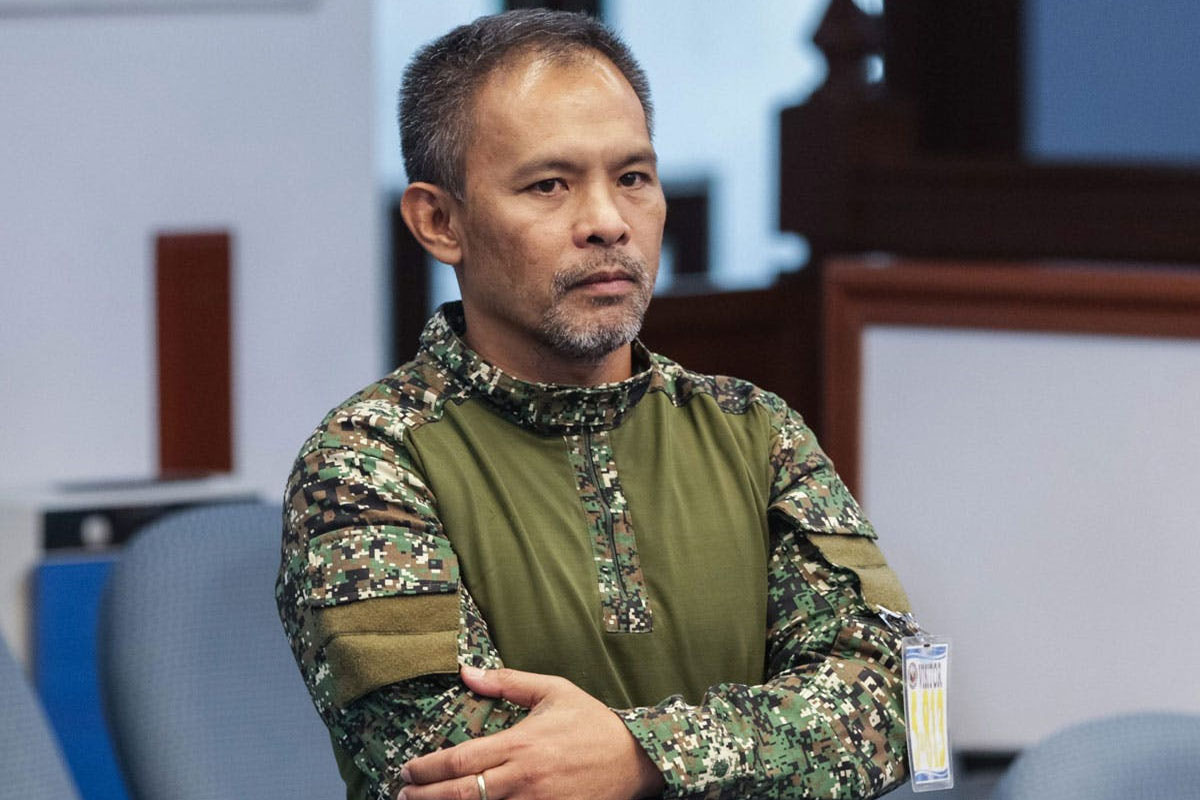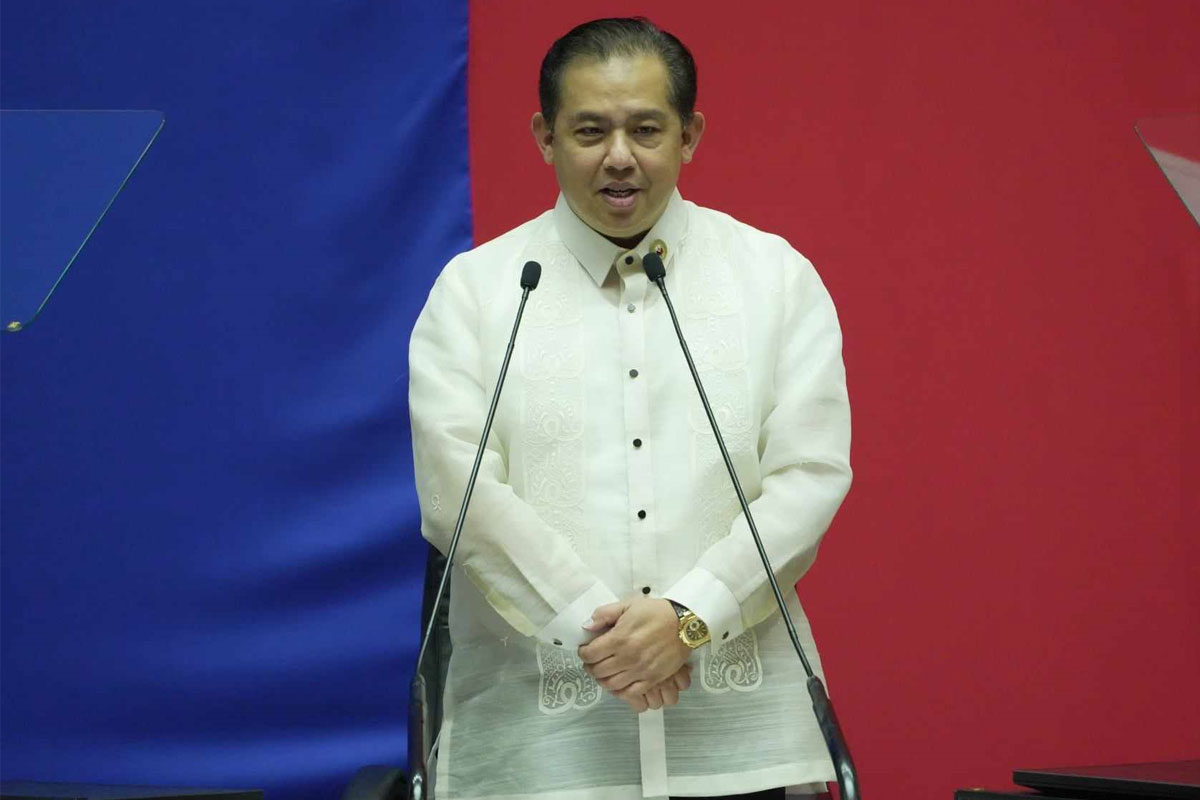
New law vs statutory rape major devt in fighting child abuse — Carlos
 THE Philippine National Police (PNP) headed by General Dionardo B. Carlos yesterday welcomed the enactment of Republic Act 11648 raising the minimum age of sexual consent from 12 to 16 years old.
THE Philippine National Police (PNP) headed by General Dionardo B. Carlos yesterday welcomed the enactment of Republic Act 11648 raising the minimum age of sexual consent from 12 to 16 years old.
This means any adult engaging in sexual contact with anyone 16 or under would be committing statutory rape, unless the age difference between them was three years or less and sex was proven to be consensual, and neither abusive nor exploitative.
The law, however, states that the exemption does not apply if the victim is under 13 years old.
Gen. Carlos said this is a major development in their campaign to stop abuses being committed on vulnerable sectors of the society. The PNP chief said the new law will help protect kids from adult sex predators.
“With this, our Women and Children Protection desks can initiate their own information dissemination regarding the importance of protecting our children from any form of harm and abuses,” the top cop said.
A 2015 study by the United Nations Children’s Fund revealed that seven out of 10 rape victims in the Philippines were children.
“We want to encourage our parents to start educating their children on how to protect themselves from criminal elements. The PNP vows to continue its programs that will educate and encourage minors on fighting for their rights,” Gen. Carlos said.
President Rodrigo Duterte last March 4 signed RA 11648 or an act increasing the age for determining statutory rape. The long-awaited law raises the age of sexual consent from 12 to below 16 years old.
The law specifies that rape occurs “when the offended party is under sixteen years of age,” and defines rape as an act committed by a person against another person, instead of the previous definition that specifies rape to be between a man and a woman.
Senators cited the case of a 15-year old boy in Calamba City in Laguna who was killed by an adult man against whom the student had filed sexual abuse complaints.
“With this law, we will be definitively drawing a line that adults cannot cross. They cannot say a kid below sixteen gave them consent. That is statutory rape, plain and simple. And victims and their families will no longer have to prove that they were coerced. The onus will fall completely on the perpetrator,” said Senator Miguel Zubiri.
The Philippine Commission on Women also welcomed the new law saying that prior to it, RA 8353 described statutory rape as those referring to sexual relations involving a person below the legal age of sexual consent and it is penalized because persons of this age are deemed too young to decide for themselves in terms of engaging in sexual intercourse.
RA 8353 set the age at below 12 years old, the lowest age of sexual consent in Southeast Asia. Thus, any sexual intercourse with a minor below the age of 12 is automatically regarded as rape, even if the minor consented to it. However, the current law considers a child aged 12 years old or above as mature enough to give sexual consent.
PCW Executive Director Atty. Kristine Rosary E. Yuzon-Chaves cited the importance of protecting children, especially because the current provision on the age of sexual development makes them vulnerable to sexual predators.
“With the existing law, some children aged 13 years old and above are subjected to interrogations to prove in court that they did not consent to the sexual intercourse. Children who are asked to relive the experience are left traumatized, confused and conflicted as to their own experience, and worse, they begin to blame themselves,” she said.
The new law also addressed the recommendation of the United Nations Convention on the Elimination of All Forms of Discrimination against Women (CEDAW) Committee in its 2016 Concluding Observations on the Philippines’ Combined 7th and 8th Periodic Report.
The PCW is also earnestly pushing for the enactment of the bill prohibiting child marriage, another legislation meant to protect children. It is the stand of children’s rights advocates that early child marriage has adverse physical, psychological, and emotional effects and will curtail the development and attainment of a child’s full potential, among others.
Senate Bill 1373, which was approved by the Senate, defines child marriage as “any marriage entered into where one or both parties are children (persons below 18 years old), and solemnized in civil or church proceedings, or in any recognized traditional, cultural or customary manner.” If enacted into law, a person who causes, fixes, facilitates, or arranges a child marriage shall suffer the penalty of prision mayor in its medium period and a fine of not less than P40,000. It also imposes a heavier penalty if the perpetrator is an ascendant, step-parent, or guardian of the minor and punishes individuals who officiate such marriage.
In the Philippines, the legal age of marriage under the Family Code is 18 years old. However, in some religions and cultures, child marriage is practiced. Some allow the marriage of a female at the age of puberty, which is presumed upon reaching the age of fifteen.
Under the CEDAW to which the Philippines is a State Party, child marriage is prohibited. It states that the “betrothal and the marriage of a child shall have no legal effect, and all necessary action, including legislation, shall be taken to specify a minimum age for marriage and to make the registration of marriages in an official registry compulsory”.
Thus, if a law that makes child marriage illegal is passed, it will manifest Congress’ resolve to uphold our commitments under international laws and carry out the provisions under the Magna Carta of Women.























